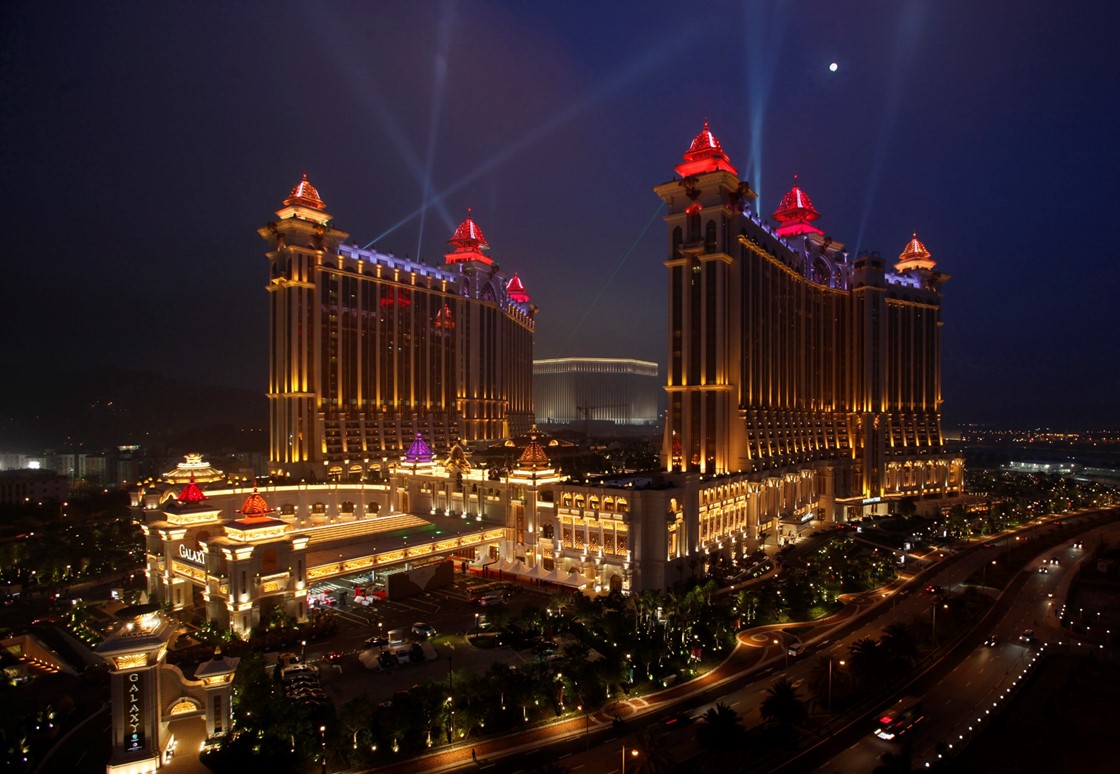Refugees Are Using Smartphones To Cross Borders
September 14, 2015 in Daily Bulletin

A refugee crisis is sweeping across North Africa, the Middle East, and Europe due to chronic instability and years of war. Matthew Brunwasser wrote about the apps that refugees are using to help their journey:
- Once a refugee lands in a country one of the first things they do is buy a smartphone so they can let family and friends know that they’re safe.
- They then use smartphone maps and GPS to make their way across the forests and beaches of the countries they arrive at.
- While it might be odd to think of refugees wanting advanced smartphones, the money they use to purchase it is money that will now not be spent on traffickers who charge thousands to cross Europe by dangerous means.
- As a result, despite the surge in demand, the price for trafficking has dropped by as much as 50%.
- The United Nations High Commission for Refugees has noted the increasing importance of smartphones and distributed 33,000 SIM cards and 80,000 solar lanterns for charging to refugees in Jordan.
- It has also used smartphones to provide refugees with real-time information about falling mortar rounds and the areas they’re expected to hit.
Read more here.
Source: The New York Times
Via: Marginal Revolution









Join the Discussion! (No Signup Required)